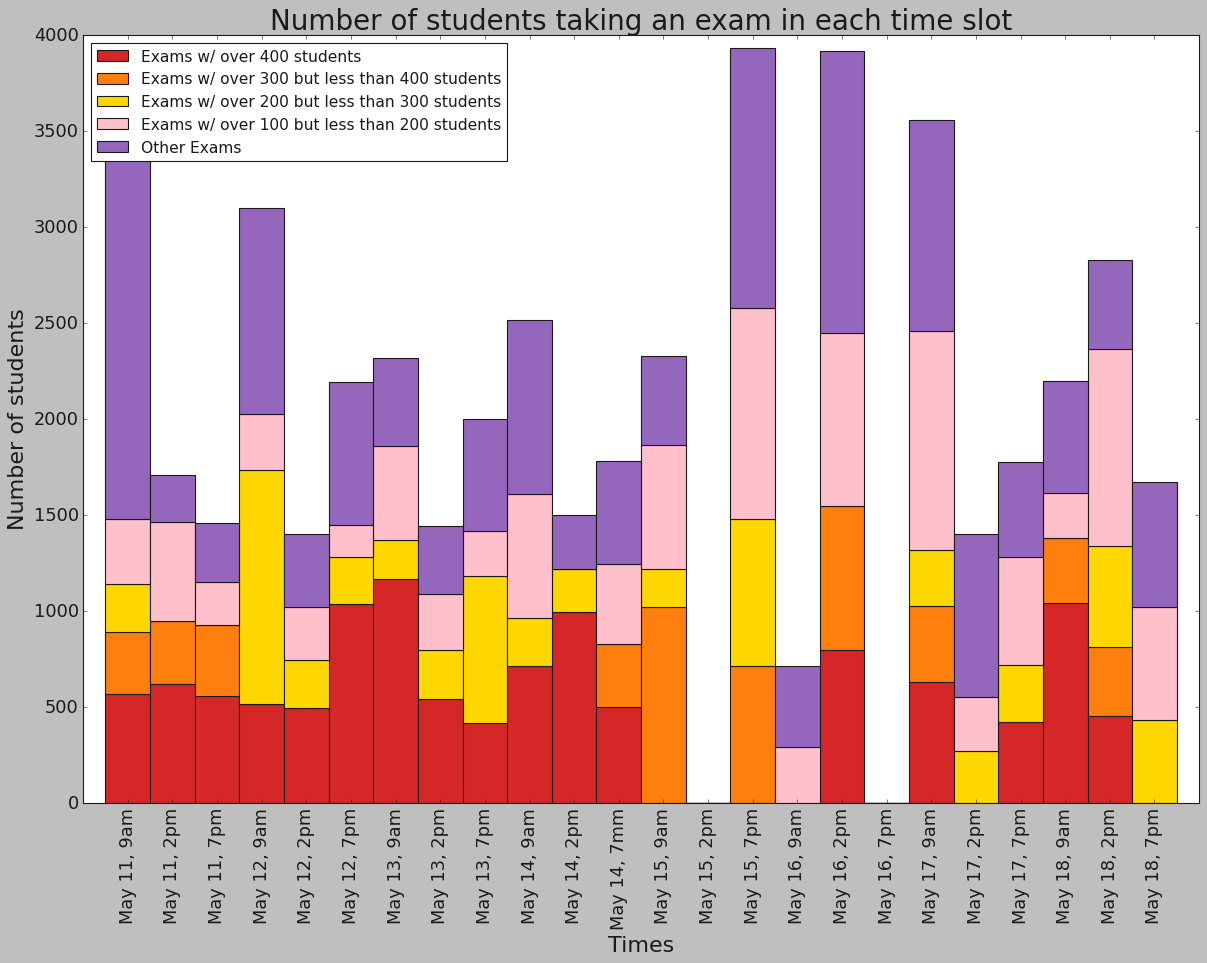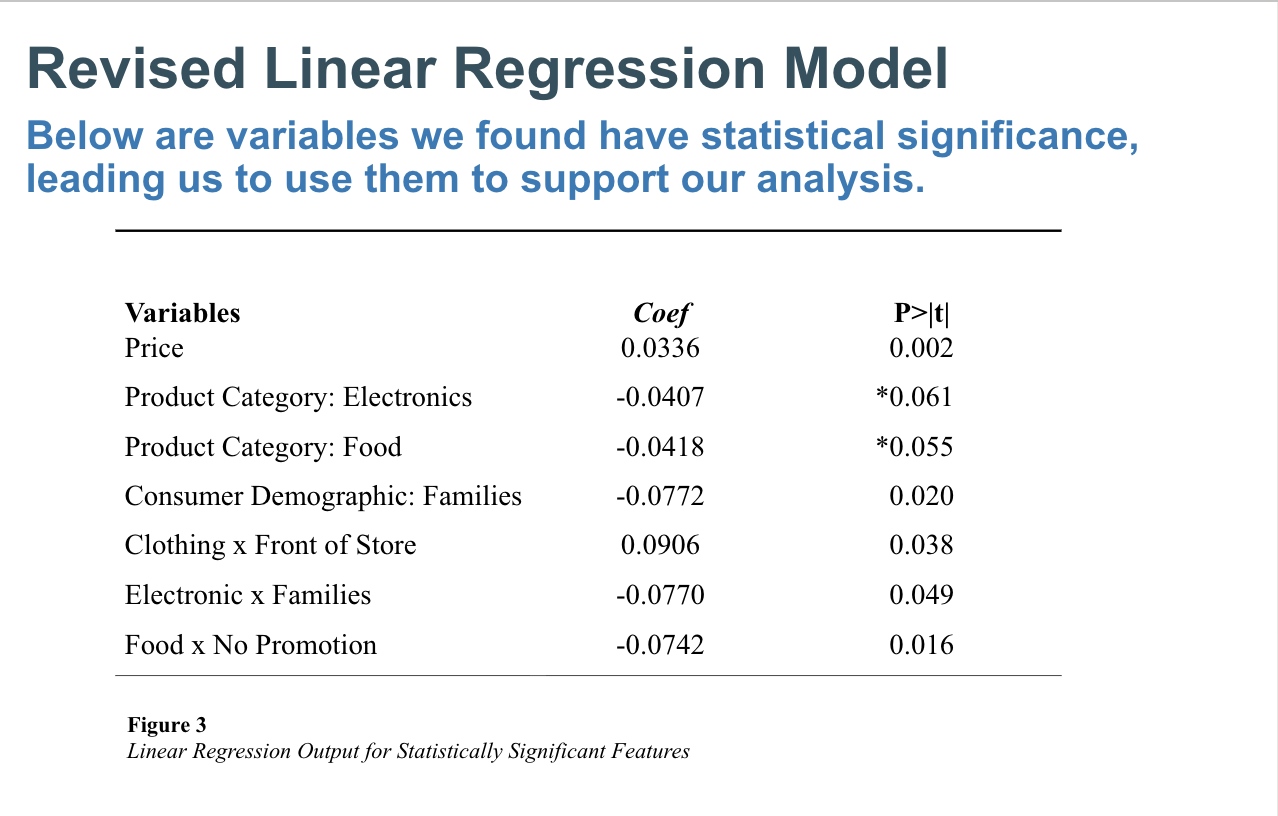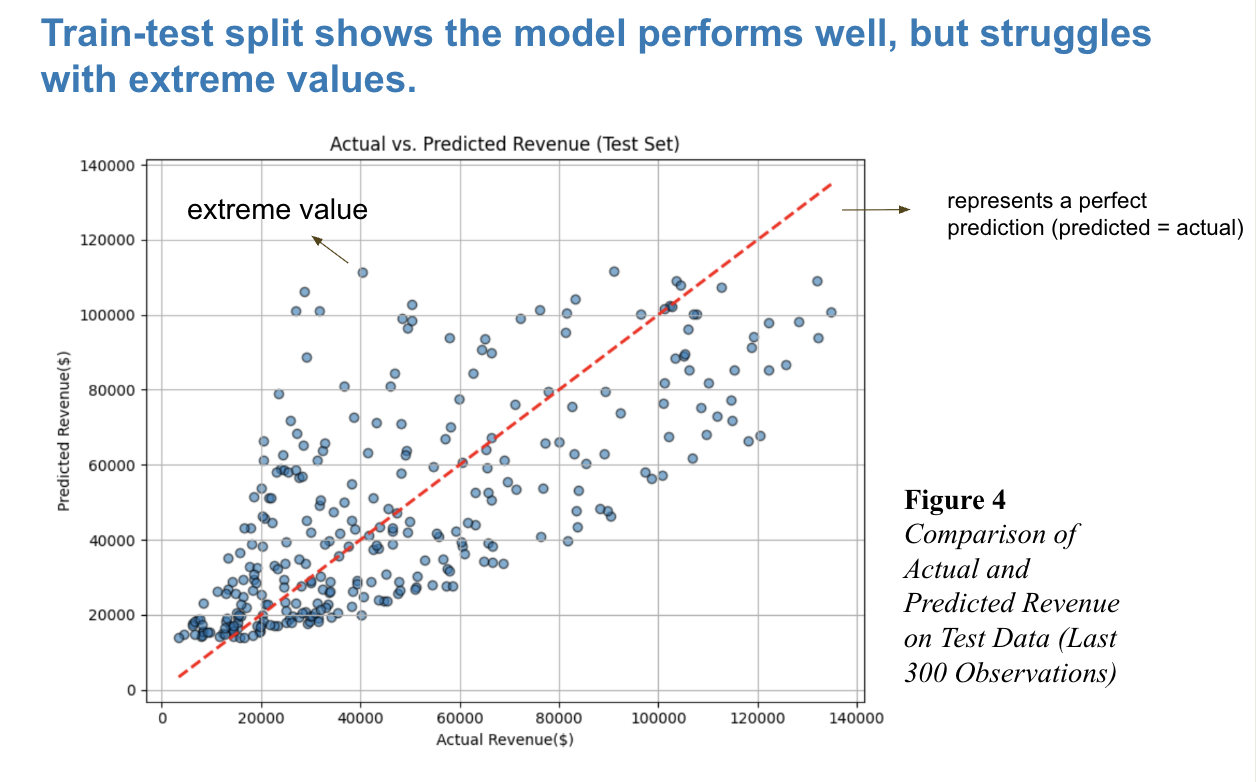ORIE Scheduling Research
Project Summary
- Designed and implemented an advanced exam scheduling optimization model for Cornell University, targeting reduction of high-conflict exam pairings across 560+ courses and 20,000+ students per semester.
- Processed and transformed raw registrar data into structured datasets including pairwise co-enrollment, exam sizes, and by-student exam lists, enabling accurate demand modeling and conflict forecasting.
- Conducted 50+ large-scale optimization and simulation runs on cloud computing platforms, testing multiple scheduling scenarios and constraints for fairness and conflict minimization.
- Leveraged Bayesian optimization with multi-fidelity ParEGO and Random Forest surrogate models to efficiently explore the solution space, outperforming classical scheduling heuristics on benchmark metrics.
- Achieved a measurable 15% reduction in high-conflict exam pairings and improved overall schedule fairness compared to historical baselines, providing actionable insights for university scheduling policy.
Through this research, I saw firsthand how optimization and machine learning can improve large-scale scheduling systems. Our model successfully reduced exam conflicts, helping students avoid back-to-back exams and improving their academic experience. Beyond the technical aspects, this project strengthened my ability to work with complex data, develop predictive models, and implement algorithmic solutions. It also deepened my appreciation for how mathematical modeling can solve real-world logistical challenges, reinforcing my interest in data analytics and operations research


Optimizing Product Placement Strategy
Project Summary
- Conducted a comprehensive analysis of Walmart’s in-store sales and product data to understand how placement strategies influence revenue patterns across departments.
- Cleaned and structured thousands of transaction records, integrating product attributes such as price, category, and shelf location to prepare a modeling-ready dataset.
- Developed multiple regression models — including interaction and stepwise variants — to test hypotheses about placement effects and quantify feature importance.
- Visualized relationships between product categories and placement zones, revealing that front-facing and high-traffic locations strongly correlated with increased sales for apparel and seasonal goods.
- Translated statistical findings into actionable recommendations for store layout optimization, emphasizing strategic positioning of high-margin items.
In this project, my teammates and I explored how data-driven modeling can guide retail optimization. Using regression analysis and feature engineering, we uncovered how placement strategies and product characteristics interact to influence sales performance. Our final model revealed that strategic placement of specific product types — like clothing near the store entrance — can meaningfully enhance revenue outcomes. The project strengthened my skills in model formulation, assumption testing, and deriving insights from complex retail data.
Note: My teammates' Cornell netIDs are svs54 and as3747.


Image Segmentation Tool with Intelligent Scissors
Project Summary
- Developed a Java-based graphical application to extract images by implementing Intelligent Scissors functionality using Dijkstra's algorithm to compute optimal paths between points, enabling precise edge detection
- Designed an intuitive graphical user interface (GUI) to facilitate user interaction, including real-time visualization of segmentation progress and feedback.
Engineers for a Sustainable World
Project Summary
- Researched phase change materials (PCM) to improve solar panel efficiency and longevity.
- Conducted thermal simulations and data analysis to evaluate heat absorption.
- Developed a cost-effective, scalable cooling mechanism using Glauber’s salt-based PCM.
This project reinforced the importance of data-driven decision-making in sustainability. By applying thermal analysis and optimization techniques, we developed a cost-effective cooling solution that could enhance solar panel efficiency and longevity. Working on this project expanded my problem-solving mindset, as we had to balance cost, scalability, and material efficiency. I also gained hands-on experience in simulation modeling and learned how engineering and data analysis intersect to create practical environmental solutions.


Let’s Connect
Email: songyijin1214@gmail.com
LinkedIn: Hedy Song



